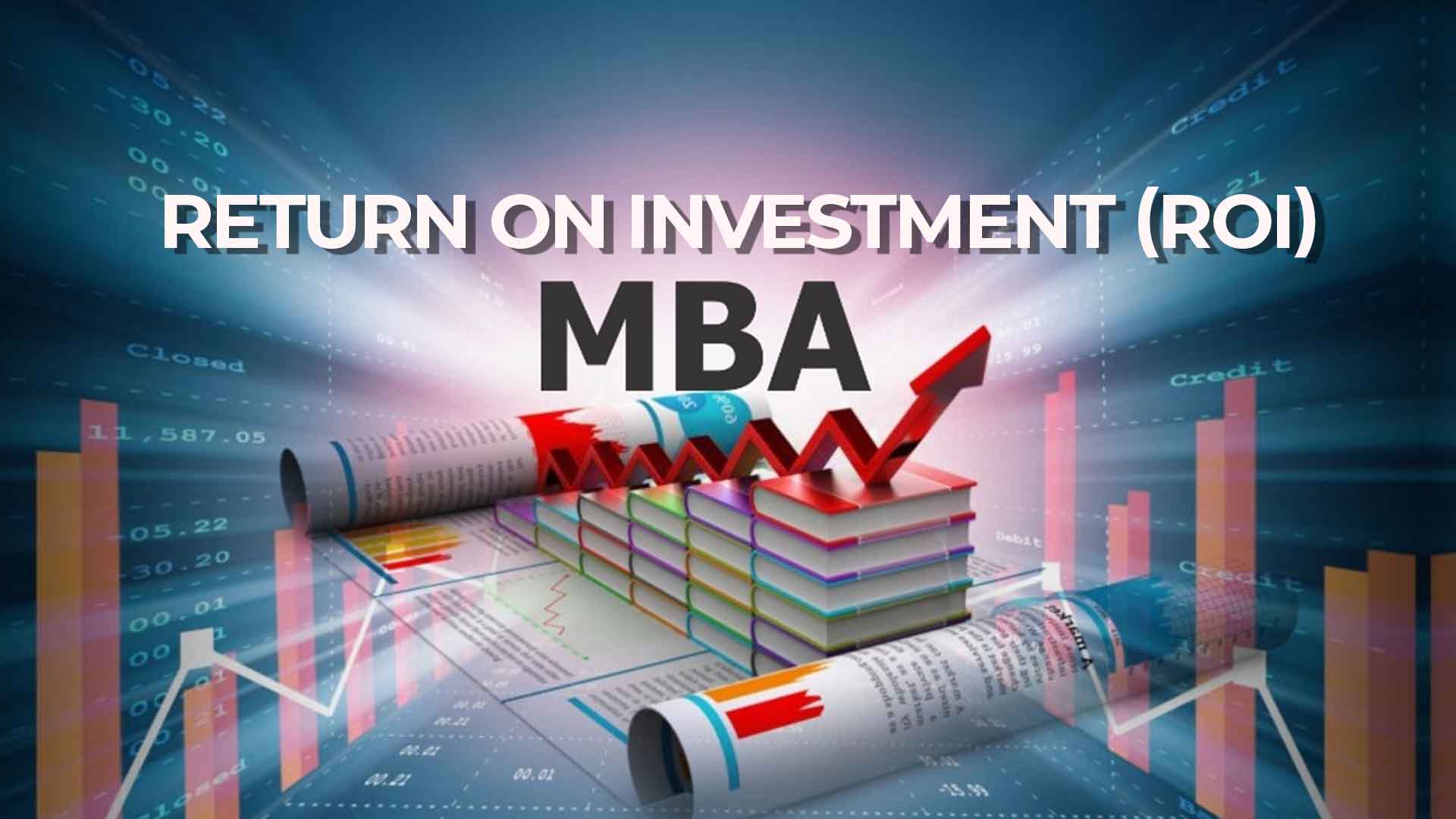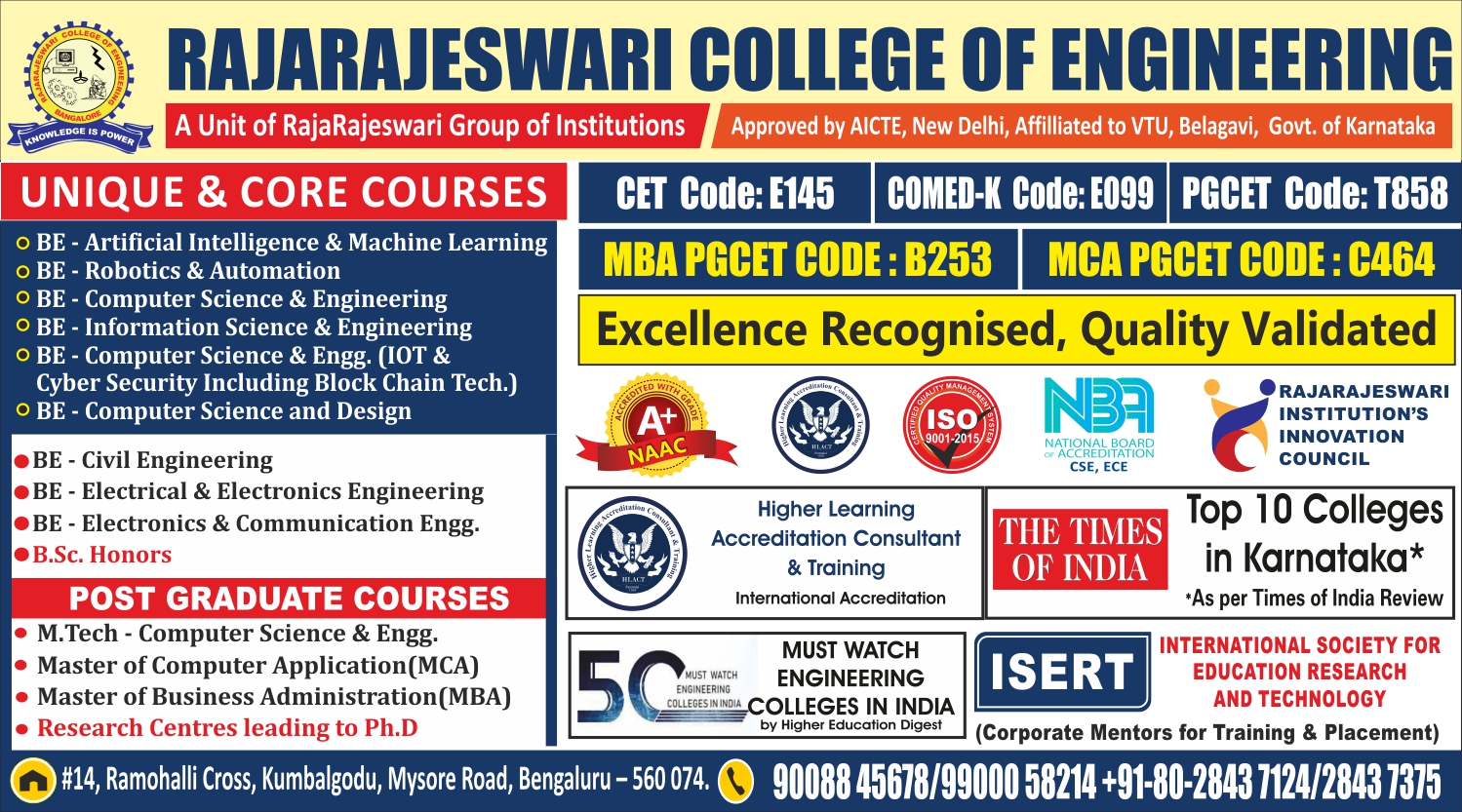Unlocking the ROI of an MBA: Is it Worth the Investment?
The pursuit of a Master of Business Administration (MBA) is often seen as a significant investment in one’s education and career. As prospective students weigh the decision to embark on this academic journey, the crucial question that lingers is whether the ROI on an MBA degree justifies the substantial investment of time, money, and effort. In this blog post, we’ll explore the factors that contribute to the return on investment for an MBA and help you navigate the decision-making process.
Factors Affecting the Worth of an MBA Degree
While the value of an MBA can be substantial, it is essential to assess several factors to determine its worth and suitability for individual aspirations. Let’s explore key considerations that can help in evaluating the worth of an MBA degree.
- Career Goals and Aspirations: Before embarking on an MBA journey, it’s crucial to define your career goals and aspirations. Consider whether your desired career path requires an MBA for advancement or if alternative routes exist. Assess how an MBA aligns with your professional ambitions and whether it will equip you with the skills and knowledge necessary to achieve your goals.
- Program Reputation and Accreditation: The reputation and accreditation of the MBA program play a pivotal role in determining its worth. Research the rankings, faculty credentials, alumni success stories, and accreditation status of the program. A well-regarded MBA program not only enhances your credentials but also opens doors to a network of influential professionals and industry connections.
- Cost vs. Return on Investment (ROI): Analyse the financial investment required for pursuing an MBA, including tuition fees, living expenses, and potential lost income during the program. Compare these costs against the expected return on investment in terms of salary enhancement and career advancement opportunities post-MBA. Calculate the payback period to determine if the financial investment aligns with your expectations.
- Specialisations and Concentrations: Evaluate the range of specialisations and concentrations offered within the MBA program. Choose a specialisation that aligns with your career interests and goals, as it will enhance your expertise and marketability in specific industries or sectors. Consider whether the program offers opportunities for experiential learning, internships, or projects relevant to your chosen field.
- Networking and Alumni Connections: Networking is an integral aspect of an MBA program, offering opportunities to connect with classmates, alumni, faculty, and industry professionals. Research the strength and reach of the program’s alumni network, as these connections can provide valuable insights, mentorship, and career opportunities throughout your professional journey.
- Employment and Placement Statistics: Investigate the MBA program’s employment and placement statistics, including placement rates, average salaries of graduates, and recruitment partnerships with leading companies. A robust career services department that offers resume assistance, interview preparation, and access to job fairs can significantly enhance your post-MBA employment prospects.
- Geographic and Industry Preferences: Consider your geographic preferences and the industries or sectors in which you aspire to work post-MBA. Research whether the program has strong ties to your desired geographic region or industry, as this can influence your job prospects and networking opportunities upon graduation.
- Personal and Professional Development: Reflect on the intangible benefits of pursuing an MBA, such as personal growth, leadership development, and enhanced critical thinking skills. Consider how the program’s curriculum, extracurricular activities, and experiential learning opportunities contribute to your holistic development as a business leader.
Conclusion
In the dynamic landscape of today’s business world, the decision to pursue an MBA is multifaceted. The ROI on an MBA degree extends beyond the immediate financial gains, encompassing career acceleration, networking opportunities, and personal development. As you contemplate this transformative educational investment, carefully assess your goals, research program specifics, and consider alternative paths. Ultimately, the worth of an MBA depends on a personalised evaluation of the potential returns against the investment, ensuring that the decision aligns with both your short-term ambitions and long-term aspirations.
If you wish to explore a safe option you should check the MBA course at RRCE. During the course, you will be able to bolster your experience by making sure that the craftsmanship you have acquired via experience is supported by the entire set of analysis tools. It gives you a framework to fit your real-world expertise into and enables you to comprehend how experience accumulated in one environment may be applied in a range of domestic and global business contexts.




